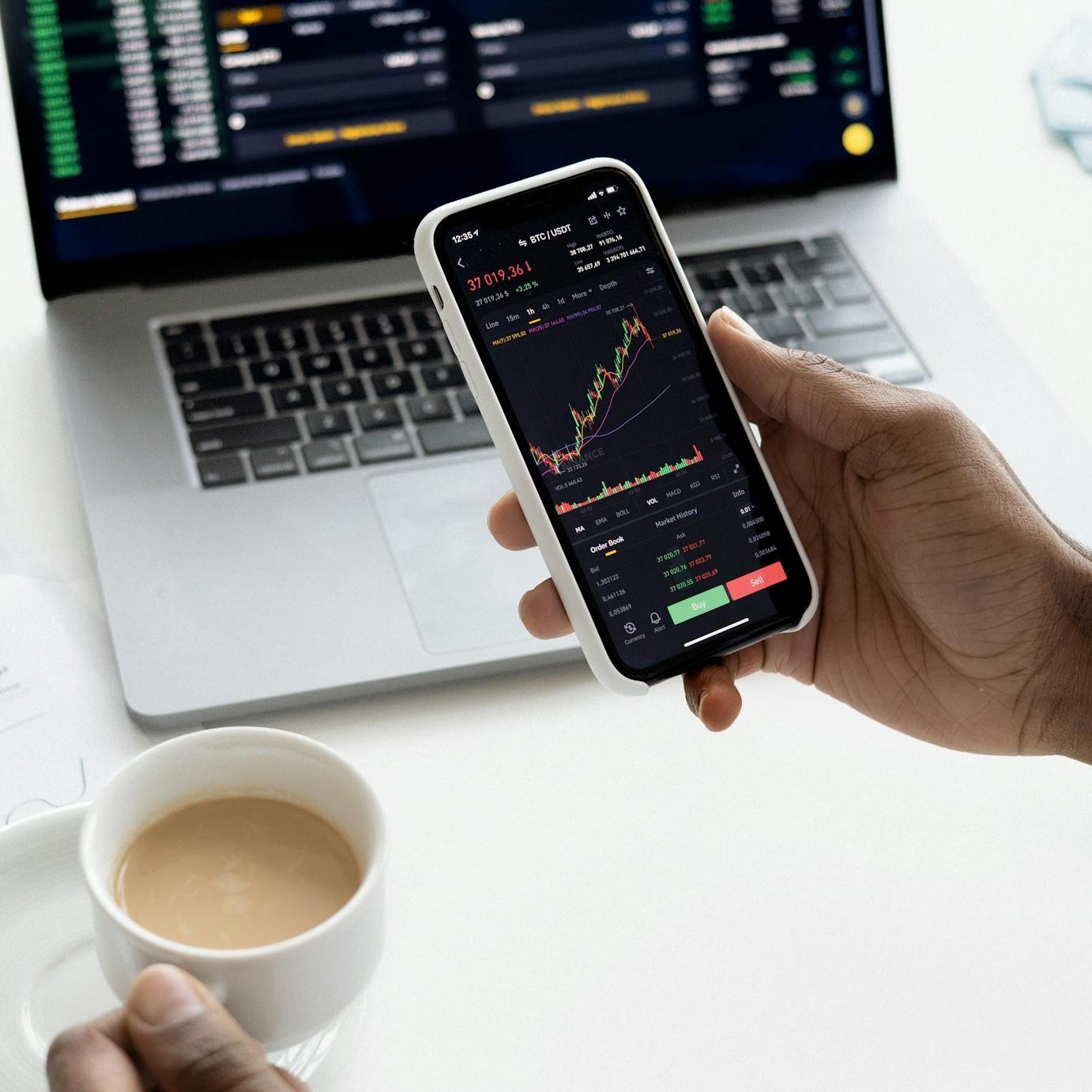Understanding the impacts of the LGPD is key to growing in Brazil today and in the future
In 2018, Brazil’s General Law of Data Protection (LGPD) was enacted and has been in action since August 2020. Inspired by international legislations such as the European Union’s GDPR, this legislation establishes rules for treatment and storage of personal data by public and private organizations. The aim of the text is to strengthen the rights to privacy and the individual’s control over their own personal information, an increasingly relevant theme in the current scenario of broad connectivity and strong digitalization.
Like the aforementioned GDPR, Brazil’s LGPD provides for heavy fines and harsh penalties for companies that fail to comply with its guidelines, with penalties of up to 2% of the company’s gross turnover, limited to R$50 million per violation. This action by the government reflects the current social moment, in which the concern with data privacy goes hand in hand with increased pressure on companies to behave responsibly with consumer data.
How the LGPD applies to foreign merchants
The LGPD is a law that applies exclusively to data collected and treated inside Brazil, according to its article 3. This means that, if your operations are outside the country, but payments and other steps are processed within Brazil’s borders, then your company must comply with the LGPD’s norms.
Doing so also sends an important message for customers: we care about your security and data protection – what increases loyalty and builds a strong foundation for next purchases.
A new law, a new era of payments
The changes in the Brazilian digital scenario go far beyond the legal field. The Digital Transformation phenomenon can be felt in basically all sectors of the economy, among which are the means of payments and digital banks.
In the first case, Pix is the big highlight, radically changing the references of time, value, and agility for commercial transactions, fund transfers, and recently even the possibility of withdrawal and change. Since its launch a year ago, Pix is already used by half the country, and this is only likely to grow, thanks to its remarkable clearing speed and ease of use.
At the other end, digital banks are helping to bring a new concept in banking services, with a younger language, an experience designed for a digital world, app-based relationships, and, most importantly, lower fees. This effectively represented the inclusion of thousands of Brazilians who did not have credit or access to the services offered by large traditional banks.
Combined, these factors have helped bring more people into the consumer market, especially in the digital branch, increasing consumption both in physical stores and (especially) in e-commerce environments. Analogously, increased consumption leads to more data generation, processing, and storage, i.e., more possibilities for errors that put companies in the LGPD’s sights.
The gaming market, streaming, e-commerce and many others are already adapted to the new technologies, and for those who want to participate in this favorable moment of the economy without incurring in legal problems, the secret is in the planning. Before starting or expanding their activities in the region, companies need to understand how the legislation works, what its requirements are, and how the new payment tools should be adapted to it. Likewise, the company’s management and operation systems must comply with the terms of the law, avoiding falling through loopholes that could harm the business.
Finally, it is worth highlighting the importance of relying on a partner who knows the market, local practices and specificities well and that is in compliance with the LGPD, helping your company to avoid problems and ensure that the payment processes are safe, so your team will be able to focus on taking advantage of opportunities to generate more sales and results.





